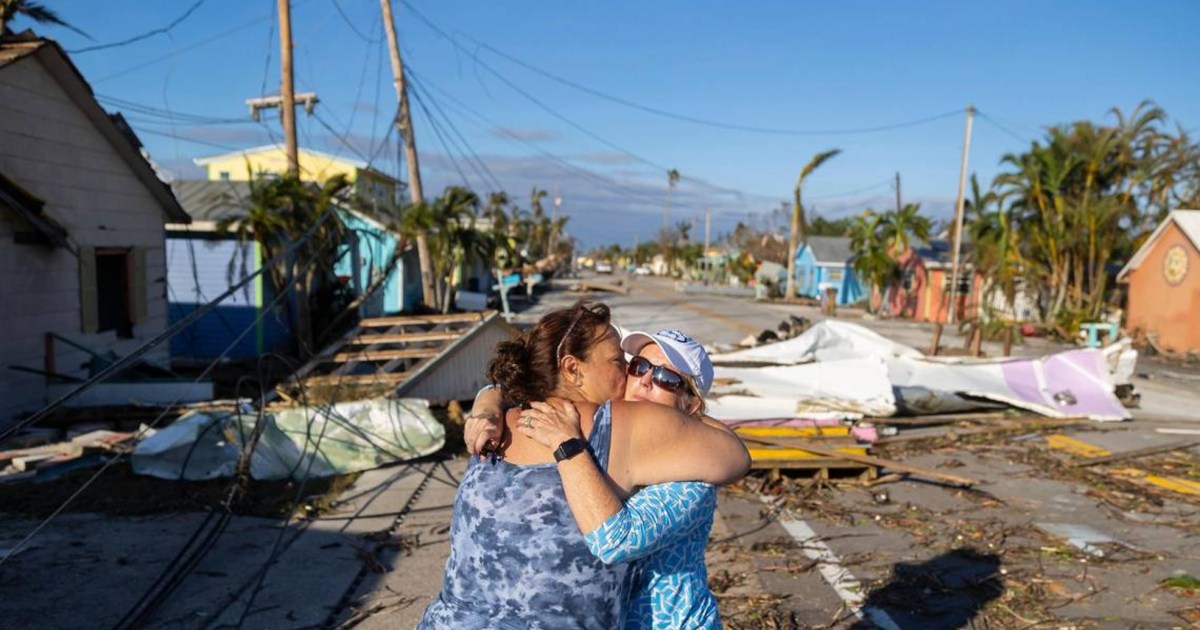…To handle massive payout events like [Hurricane] Andrew, insurance companies sell policies across different markets—historically, a hurricane wasn’t hitting Florida in the same month a wildfire wiped out a town in California. They themselves also pay for insurance, a financial instrument called reinsurance that helps distribute risk across geographic regions. Reinsurance availability remains a major driver of what insurance you can buy—and how much it costs.
But as climate change intensifies extreme weather and claims pile up, this system has been thrown into disarray. Insured losses from natural disasters in the US now routinely approach $100 billion a year, compared to $4.6 billion in 2000. As a result, the average homeowner has seen their premiums spike 21 percent since 2015. Perhaps unsurprisingly, the states most likely to have disasters—like Texas and Florida—have some of the most expensive insurance rates. That means ever more people are forgoing coverage, leaving them vulnerable and driving prices even higher as the number of people paying premiums and sharing risk shrinks.
This vicious cycle also increases reinsurers’ rates. Reinsurers globally raised prices for property insurers by 37 percent in 2023, contributing to insurance companies pulling back from risky states like California and Florida. “As events are getting bigger and more costly, that has raised the prices of reinsurance in those areas,” said Carolyn Kousky, the associate vice president for economics and policy at the Environmental Defense Fund, who studies insurance. “It’s called the hardening of the market.”
In a worst-case scenario, this all leads to a massive stranded asset problem: Premiums get so high that property values plummet, families’ investments dissipate, and banks are stuck holding what’s left.
More simply, the global process for handling life’s risks is breaking down, leaving those who can least afford it unprotected.



💀
What should I do about vehicle insurance? If I want to self insure in my state, I’ll need to have 10 or more(some states require 25 or 26) vehicles registered in my name and prove I am “financially capable” to the motor vehicle department based on their demands. I would basically be forced to be wealthy already or run my own insurance scheme in-house for family or friends, and have ownership of the vehicles, like some pseudo rental company.
Some states, like California, only require 1 vehicle and 35000 in cash in a savings account to get self insurance. Maybe I should move to another state. Rich people have so many chances not to pay these rent/subscription traps that constantly drain your income.